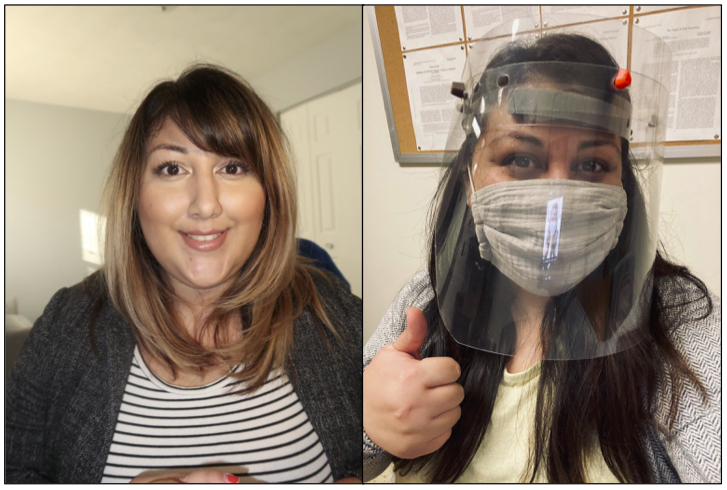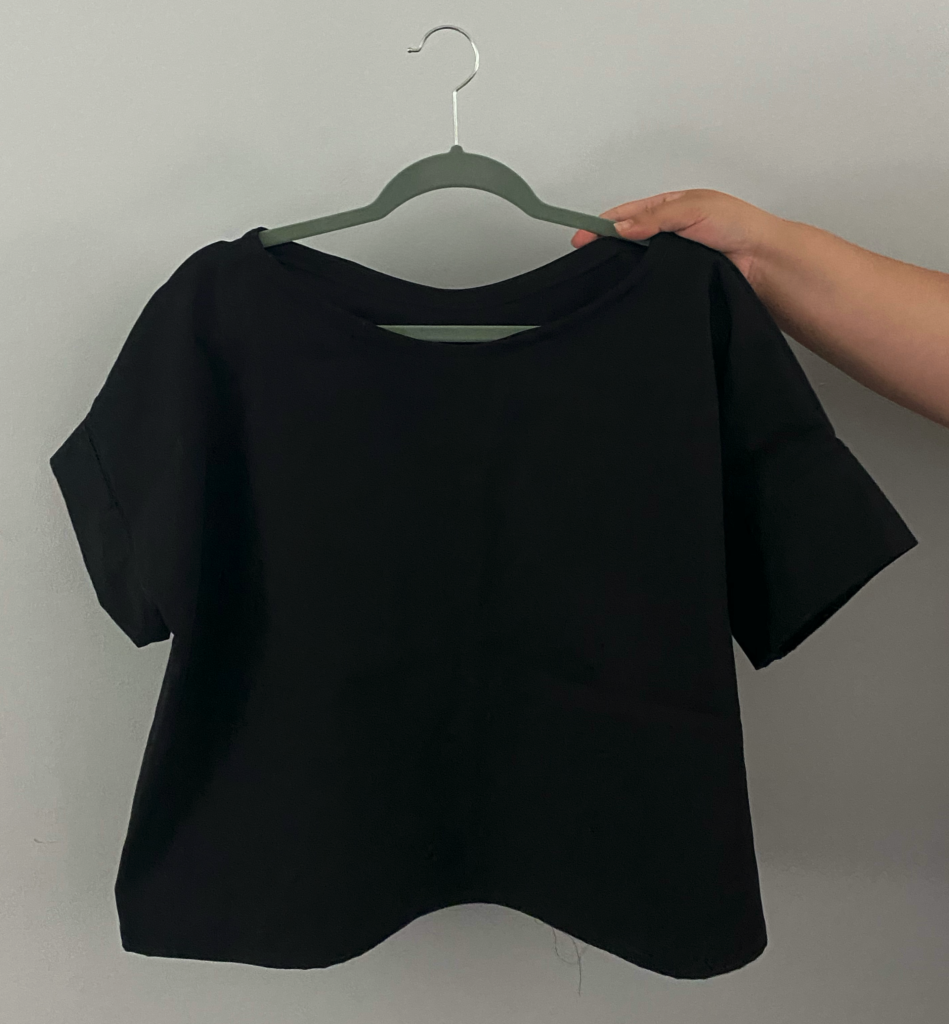If you haven’t already submitted your pre-recorded presentation for the 61st Annual Meeting of the Psychonomic Society, then you’re busily preparing it to meet the final deadline. The first deadlines have passed, and just as a reminder, the last deadline is quickly approaching: the 2nd of November for recorded talks.
For the last several years, Psychonomic members have volunteered to help disseminate the science presented at the Annual Meeting. The volunteers, affectionately known as Twitternomes, take over our Twitter account, and this year is no different. If you’re not already following @Psychonomic_Soc, you should be. And during the meeting, use the hashtag #psynom20.
Our last interview was with Twitternome Anna Wright and we are delighted to introduce you to another one of this year’s Twitternomes, Gia Macias, pictured below. You can follow Gia on Twitter @GiaMMacias. Our upcoming meeting will be Gia’s third time serving as a Twitternome.

Gia is a second-year Ph.D. student at Purdue University, working with Dr. Darryl Schneider. The main focus of the lab is on how task switching affects attention, cognitive control, and memory. Gia’s projects are designed to investigate interruptions during reading. Specifically, she is measuring the impact of similar and dissimilar interruptions to reading on comprehension.
Without further ado, we present our interview with Gia Macias.
How has your work life changed as a result of the pandemic?
The main change has been moving classes and meetings to an online format. I went to community college, during which I worked full-time, so I enrolled in as many online classes or hybrid online and in-person classes as possible. It wasn’t too drastic of a change for me to revert to that format.
Has the pandemic caused you to rethink your career path?
The pandemic has made me think about what is to come following graduation (albeit being years from now). I will probably need to be more open-minded about my career options because I do not know the fallout that this pandemic will have on universities over the next 5 to 10 years. My initial goal was to go into academia, but I am also preparing myself for an industry career path.
Has anything beneficial come out of the pandemic for you? Either for your research or personal life, or both?
The main positive thing that has come out of the pandemic is that I have been able to spend a lot more time with my family (including my fiancé, Steven, and our two cats and two dogs; pictured below).

I have also been learning how to sew. My first shirt is pictured below. My goal is to sew my entire wardrobe within the next 1-2 years.

There have been challenges regarding research, but one positive is that we have been very productive this Fall term. We conducted two experiments in just two months!
Past research has focused on the interruptions of an ongoing task with the intention of resuming it. A variety of ways to manipulate task similarity has been shown in the literature. However, similarity has not been consistently defined. For instance, similarity manipulations may be confounded by task set and task content with task-switching. My current research seeks to address this confound by manipulating task similarity such that both interruptions involve the same task set but involve different task content. For example, the interruption was an oddball task where the goal is to select the stimulus that did not belong in a set based on the first character. The similar interruption involved words, and the dissimilar interruption involved numbers. These interruptions occurred between each sentence in a passage, and we measured how long it takes to resume reading following an interruption.
What inspired you to get involved with the Psychonomic Society and serve as a Twitternome?
When I first learned about the Twitternome opportunity in 2018, I was thrilled because I wanted to become more involved with the conference and their social media presence. It’s a great way to get people more involved in talking about research online. It not only informs those who cannot attend the conference or certain talks, but it also allows for our research to reach a general audience on such a large platform.
I am so excited about this opportunity during these strange circumstances!
What about the Annual Meeting are you most looking forward to?
I am most looking forward to talking to people from all over the globe about their research! I am also excited to see more talks than in previous years, due to the virtual format.
Are you presenting at the Annual Meeting? If so, what’s the topic? What day and time?
Darryl Schneider and I will be presenting “Alertness and Cognitive Control: Interactions in the Simon Task” on 11/19/2020 from 5:30 pm – 7:30 pm.
Here’s the abstract:
Alertness and Cognitive Control: Interactions in the Simon Task. DARRYL SCHNEIDER and GIA MACIAS, Purdue University
Congruency effects in some selective-attention tasks are larger when alertness is increased. One hypothesis about this alerting-congruency interaction is that it depends on spatial information processing of the relevant stimulus feature. We tested this hypothesis in the present study by manipulating alertness in a color version of the Simon task in which the irrelevant stimulus feature (position) directly provided spatial information, whereas the relevant stimulus feature (color) did not. Contrary to the hypothesis, reliable alerting-congruency interactions were found in two experiments, regardless of whether stimulus positions and responses were arranged horizontally or vertically. These results extend past research on alertness in the Simon task and indicate that the relationship between alertness and cognitive control is more complicated than previously thought.
